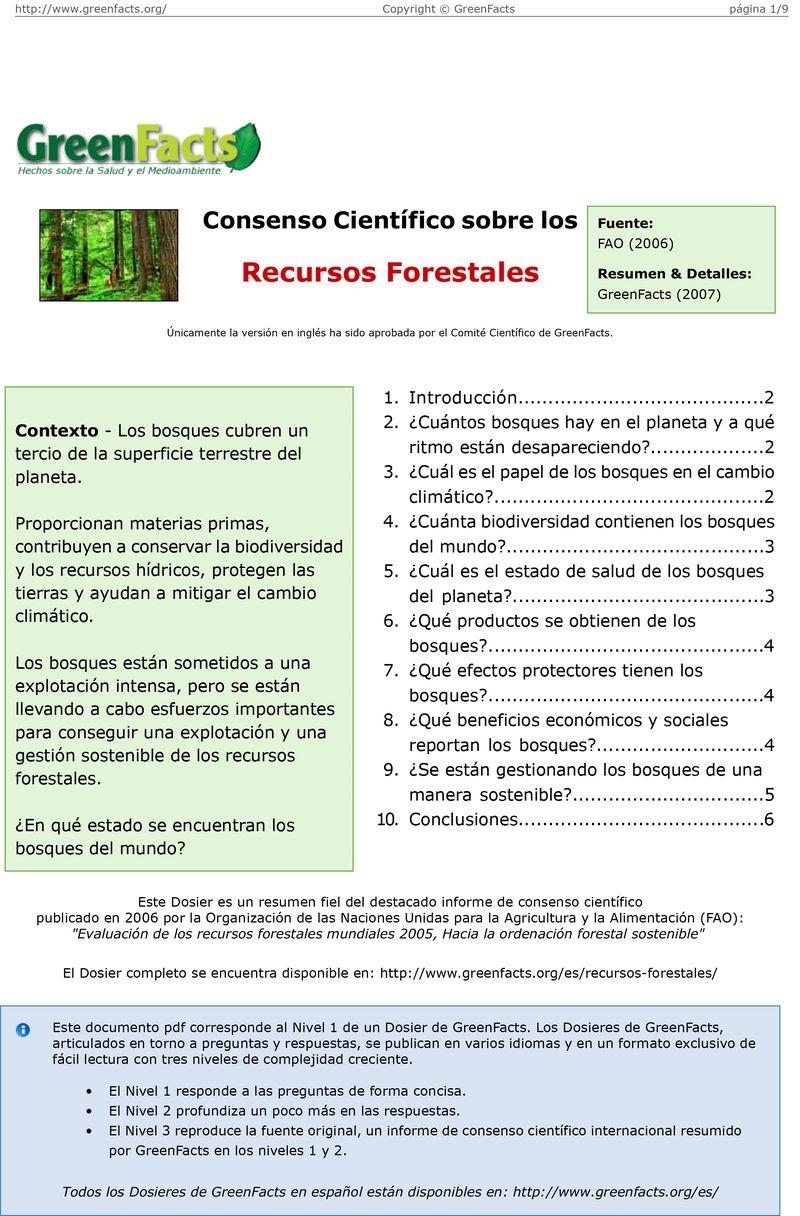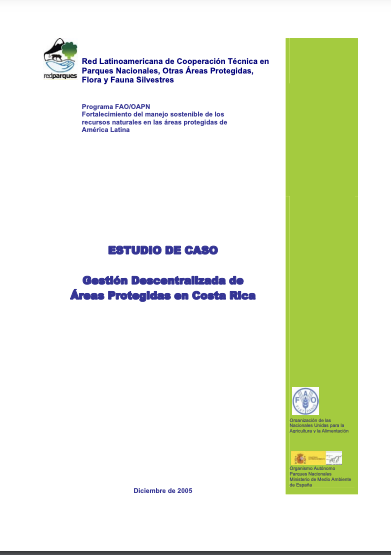Decreto Nº 2187 - Delimita la Zona Intangible Tagaeri Taromenane (ZITT).
El presente Decreto delimita la Zona Intangible de Conservación Tagaeri Taromenane (ZITT) en las tierra de habitación y desarrollo de los grupos Huaorani, conocidos como Tagaeri Taromenane, y otros eventuales que permanecen sin contacto, ubicadas hacia el sur del Parque Nacional Yasuní (PNY).





